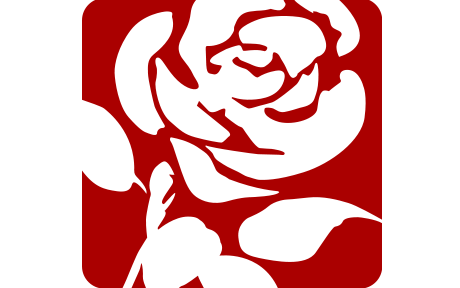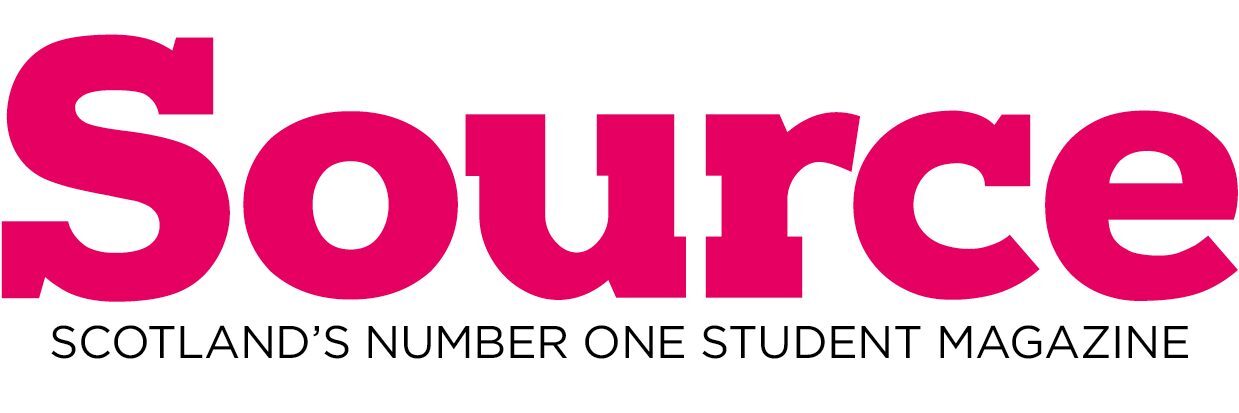
Newly elected Labour leader Jeremy Corbyn stormed to victory on Saturday, winning by a landslide of votes and leaving competitors Andy Burnham, Yvette Cooper and Liz Kendall in the dust. He scooped a whopping 59.2% of the vote, a sweeping electoral win – but why is it causing such a stir?
Corbyn is a socialist whose values put him on the left of the political spectrum. New Labour (post Thatcher) has more centralised policies – meaning they sit somewhere between the left and the right. Labour has previously been criticised for becoming increasingly similar to the Conservative party, but its collective voice was heard loud and clear on Saturday and a political shift has taken place.
So what are Corbyn’s policies?
New leader Jeremy is categorically opposed to austerity measures such as welfare cuts put in place by the current Conservative government. He doesn’t think there is any reason for there to be homeless people and children using food banks in a wealthy nation like Britain and is campaigning for free universal childcare, nationalisation of big energy companies and scrapping tuition fees. He also wants to improve roads, railways and housing. Sounds good doesn’t it? And how does he plan to pay for it? By getting the bank of England to print more money and raising taxes for high earners. He has received huge support for his policies and particularly for his opposition to Britain’s nuclear missile, Trident. He wants Britain to exit NATO (The North Atlantic Treaty Organisation) which is a nuclear alliance. For this stance and his plans to invest in public services he was labelled a “threat to both national security and the economy” by PM David Cameron. Former Labour Home Secretary David Blunkett called it “wish list fairyland politics”. Not a fan then.
A glimmer of hope
Corbyn’s policies have struck a chord with old and new Labour party members alike because of his charismatic personality and inspiring refusal to challenge the status quo. Many young people who are cynical and jaded about politics not making a difference have been pleasantly surprised by his rebellious attitude and actual personal opinions! Labour supporters became disillusioned by the party after its crushing defeat in the general elections of May this year which prompted then leader Ed Miliband to step down. Following this, the party had to take a step back, reflect on their mistakes and reinvent themselves. Corbyn appeared at just the right time, and represented a glimmer of hope for many party members on the cusp of turning their back on their party. Supporters say it’s great to have something to get behind and feel passionate about. Corbyn lead an energetic campaign with the motto ‘straight-talking, honest politics.’ By refusing to put himself on a pedestal and not talking in riddles as many politicians do, he showed he didn’t think he was better than anyone else. This prompted people to view him as a ‘man of the people’.
What is Labour now?
Labour is traditionally a party of the people which supports social equality, trade unions, hard-working families and fights for disadvantaged people in society. The Conservative party are by definition centre-right wing and more associated with corporations and the upper class of society. Labour’s choice of leader determines their position between centre and left on the political spectrum, and this time they have chosen a leader with left-leaning policies. People have applauded the fact that a democratic vote allowed him to be elected because many parties simply appoint a new leader from within the party, but on this occasion the power was given to the public to choose.
Controversy
The controversy surrounding the leader race escalated due to the huge number of new members who joined for a fee of £3. Corbyn has 88, 449 registered supporters, 70, 000 more than any other candidate, but there has been speculation that many of these members have simply jumped on the Corbyn-mania bandwagon. He received 85% of votes from those who paid £3 to register. Unfortunately, a few members of the shadow cabinet resigned in protest after Corbyn’s win was announced. Loyal members say the new kids on the block don’t care about true Labour values, but politicians cannot deny the advantages of such a huge engagement in politics.
The stage is set for change…
The number of registered voters has tripled to half a million, so Labour’s job now is to harness this enthusiasm and build a better future for the party. After 35 years of experience sitting on the back benches of Westminster, Corbyn now has the responsibility of keeping his promises for his legions of followers, and given the recent unrest, he certainly has his work cut out for him. In his acceptance speech, he said that the leader race had been “passionate, democratic, diverse, united and absolutely determined in our quest for a decent and better society.” Let’s see if he can keep that up for the Labour party.

